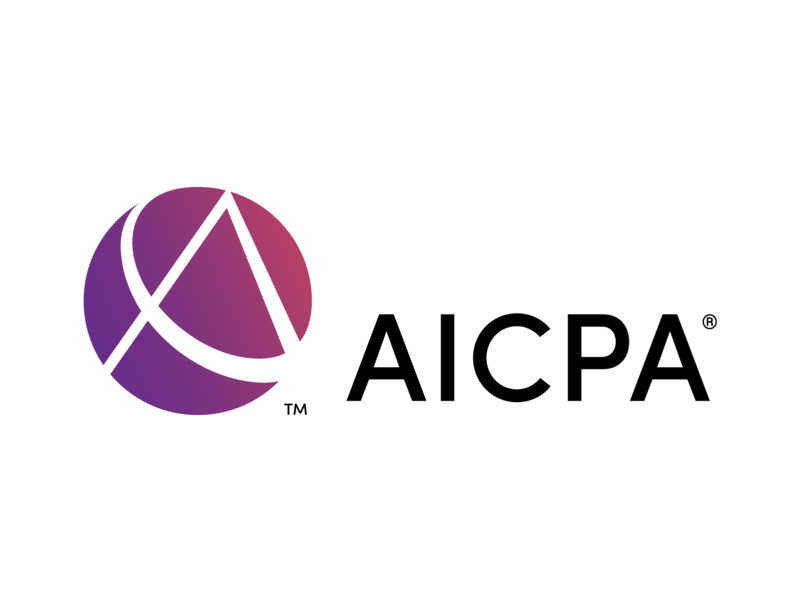AICPA Tax Executive Committee Approves Revised Tax Standards
The AICPA SSTSs serve as the ethical framework for tax professionals and are enforceable tax standards for AICPA members.
Nov. 13, 2023

In August 2022, the American Institute of CPAs (AICPA) released proposed revisions to the Statements on Standards for Tax Services (SSTSs) for public comment. The AICPA’s Tax Executive Committee (TEC) reviewed and adopted the updates to the SSTSs on May 18, 2023; the updated standards will be effective on January 1, 2024.
The AICPA SSTSs serve as the ethical framework for tax professionals and are enforceable tax standards for AICPA members. The standards were updated to keep pace with the evolving tax profession. The goals of the revisions to the SSTSs were to ensure that the standards are better aligned to reflect the current state of the tax profession and to address the emerging needs of today’s members.
The revised tax standards include:
- A new structure to organize the SSTSs by type of work performed
- Three new standards on:
- Data protection – This standard was added for members to adopt reasonable safeguards to protect taxpayer data, both in electronic format and otherwise.
- Reliance on tools – In today’s tax practice environment, members rely on technology to provide services. Members need a standard that protects members by defining when they may reasonably rely on tools of all types used in the performance of tax services.
- Representation of clients before taxing authorities — The original standard was focused on compliance services. Since that time, tax practices have expanded into a variety of services including tax representation services. With the growth in these services, a separate standard for tax representation services was needed.
Additionally, the existing Interpretations and FAQs have been updated to reflect the reorganization of the revised tax standards with updated citations.
At the time of the drafting of the original standards, most of the tax services being provided were compliance-oriented and involved tax return preparation. The revision project reorganized the SSTSs so that most of the existing standards have been incorporated into either general standards (SSTS No. 1) or compliance standards (SSTS No. 2). Because the new SSTSs around data protection and reliance on tools are applicable to different types of tax services, they were also included with the general standards. The existing standard related to tax advisory services (SSTS No. 3) and the new standard related to representation services (SSTS No. 4) were determined to be unique and have been separately stated.
This alignment is intended to assist members in applying standards to specific tax practice situations and to help them understand the scope and expectations of these standards.
